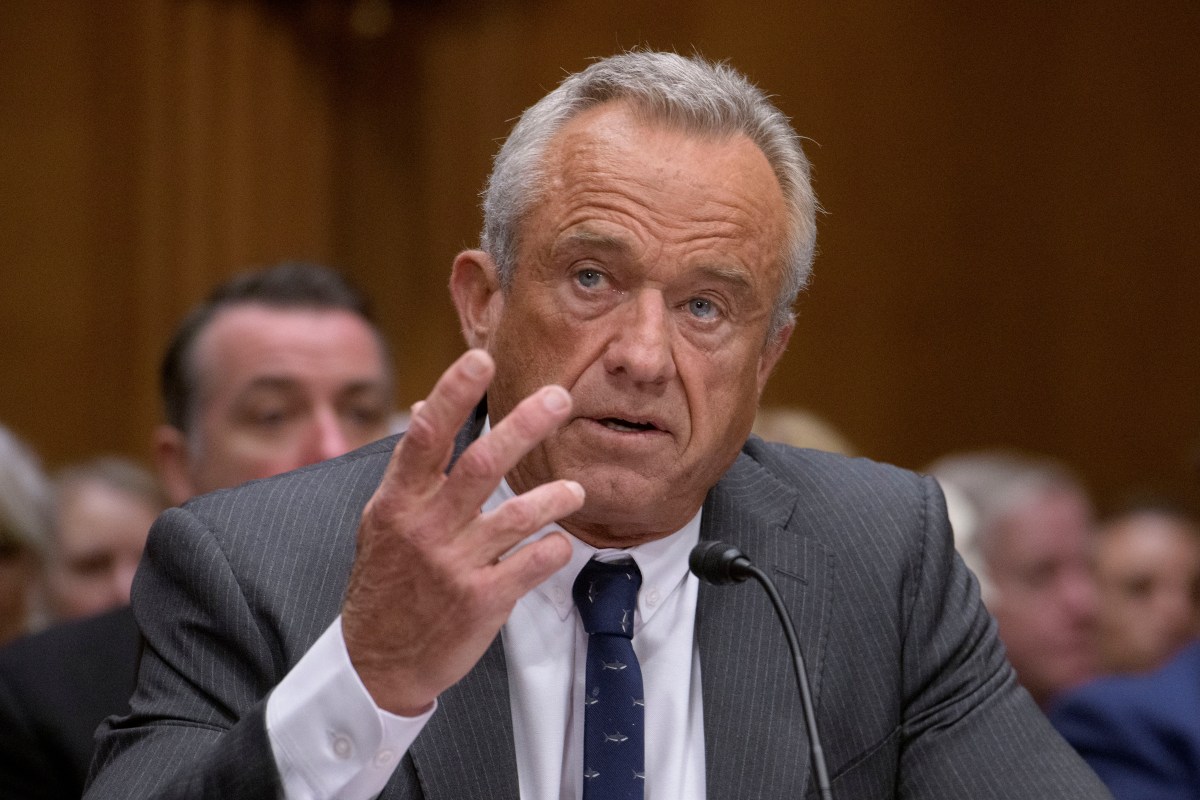Robert F. Kennedy Jr. Takes the Helm: A New Era for Public Health
Robert F. Kennedy Jr. has officially been appointed as the Secretary of Health, a move that has generated significant buzz across the nation. With a storied background in environmental advocacy and a controversial stance on vaccines, Kennedy’s appointment heralds a potentially transformative chapter for public health policy in the United States. This article delves into what his leadership might mean for the future of healthcare, public health initiatives, and the ongoing debates surrounding medical policy in America.
Understanding Kennedy’s Background and His Vision for Health
Robert F. Kennedy Jr. is not a stranger to the limelight. As a prominent environmental attorney and activist, he has built a career centered on advocating for clean water, air, and land. However, his foray into the public health arena has been marked by opposition to mandatory vaccinations and skepticism about pharmaceutical companies. His views have sparked heated debates, positioning him as a polarizing figure in the health community.
Despite the controversies, Kennedy’s appointment offers a unique opportunity for dialogue. His critics argue that his stance on vaccines undermines public health efforts, while his supporters contend that he brings a much-needed perspective that emphasizes individual rights and informed consent. As Secretary of Health, Kennedy has the potential to bridge these divides and foster constructive conversations about health policy.
Potential Implications for Public Health Policy
Kennedy’s appointment could signify a shift in several key areas of public health policy:
- Vaccine Policy: One of the most contentious issues surrounding Kennedy is his stance on vaccines. His appointment might lead to a reevaluation of vaccination mandates and an increase in public discussions regarding vaccine safety and efficacy. This could encourage a more balanced approach to vaccine education, focusing on transparency and communication.
- Environmental Health: Given his background, Kennedy may prioritize the intersection of environmental issues and public health. This could result in stronger regulations aimed at reducing pollution and promoting sustainable practices that safeguard community health.
- Patient Autonomy: Kennedy’s advocacy for personal choice in healthcare could influence policies that emphasize patient autonomy, informed consent, and the importance of listening to patients’ concerns.
Engaging Stakeholders for Collaborative Solutions
One of the defining features of Kennedy’s approach could be his emphasis on collaboration among various stakeholders. Engaging health professionals, community leaders, and the public will be crucial in shaping effective health policies. By fostering partnerships, Kennedy can facilitate a more inclusive dialogue that encourages diverse perspectives in health decision-making.
To effectively navigate the complexities of public health, Kennedy might also establish advisory committees composed of experts from multiple fields. These committees could address pressing health issues, such as:
- Chronic disease management
- Mental health initiatives
- Healthcare access disparities
Challenges Ahead: Navigating Controversy and Public Opinion
While there is optimism surrounding Kennedy’s appointment, challenges are inevitable. The polarized nature of public opinion regarding vaccines and health policy could create significant hurdles. Kennedy will need to employ effective communication strategies to engage the public and address their concerns while advocating for evidence-based practices.
Moreover, Kennedy’s previous statements and positions will likely be scrutinized. His ability to build trust with the medical community, public health officials, and the general populace will be critical. To navigate these challenges, he may need to:
- Clarify his positions on vaccines and other health-related issues.
- Promote evidence-based practices while respecting diverse viewpoints.
- Work to unify rather than divide, fostering a culture of collaboration.
The Future of Healthcare in America
The implications of Robert F. Kennedy Jr.’s leadership extend beyond immediate policy changes; they represent a potential shift in how Americans perceive public health. His appointment revitalizes discussions about health equity, personal freedom, and the role of government in healthcare.
As he takes the helm, stakeholders across the spectrum—from healthcare providers to patient advocacy groups—will be watching closely. The effectiveness of Kennedy’s leadership will largely depend on his ability to navigate complex health issues while fostering trust and transparency.
Conclusion: A Call for Optimism and Engagement
Robert F. Kennedy Jr. takes the helm at a critical juncture for public health in America. His unique perspective and advocacy for individual rights could lead to innovative approaches to pressing health challenges. While his appointment may stir controversy, it also presents an opportunity for constructive dialogue and collaboration. As stakeholders engage in this new era, there is hope that Kennedy’s leadership will inspire a more inclusive and proactive approach to public health—one that not only respects individual choices but also prioritizes the well-being of communities across the nation.
Ultimately, the success of Kennedy’s tenure as Secretary of Health will depend on his ability to listen, adapt, and lead with empathy and understanding. As we move forward, the focus should remain on fostering a healthier, more equitable future for all Americans.
See more WebMD Network



